College rank and reputation effect student decisions
The rank and reputation often impacts students decision when it comes to colleges. Students should also take into consideration tuition cost, college environment, available courses and offered programs.
September 19, 2013
There are two tough questions students tackle on a daily basis, what do you want for dinner, and where are you going to college? With counselors, teachers, parents and friends bombarding students with questions about the future while they are attempting to do homework and just have fun, it’s no wonder high school is so stressful.
Newsweek’s Best Colleges Lists for 2014 were released placing no other than Minnesota’s own Carleton College at number seven in the top National Universities. Ranking has always been crucial to universities in terms of number of applicants, but to students it can mean more job opportunities and possibly a better education, for a higher cost.
For senior Carly Johnson the college search has been a hectic one, as her “fluid” list continues changing, and national rank has always been somewhat important.
“I wish to say that it doesn’t,” she said, “but ranking and name do play a huge part in it, because it’s really easy to look online at ranks, and get caught up in expensive schools, and it’s really useful to see how it compares.”
However rank is not the only criteria in the hunt for the perfect college, when making the right choice one has to consider cost, community atmosphere, programs offered and more.
“What makes a college ‘the right choice’ for me is how busy is the campus, and do I fit in to the community culture,” Johnson said. “The prestigious schools look great on paper, but sometimes when you pick a school for the ‘name on the gate’ you lose yourself. At the end of the day, it’s best to pick a school where you’ll be truly happy.”
Similarly to Johnson, sophomore Ace Oubaha believes that, while important, rank does not mean everything when finding the right school.
“If a college can support and help you in the field that you plan on going into, and offers a good program for you, then it is ‘the right choice,’” Oubaha said, “If there happens to be a ‘lower-ranked’ school with a pretty good program, it could definitely work.”
When it comes to finding the right school, the programs offered can change even the most certain of applicants. Take senior Caroline Mercer, an avid foreign language student, was very keen on Carleton because of its “tightly-knit campus,” size, location and diverse religions served in their church.
“It kind of seemed like the classic college experience,” Mercer said. “Carleton didn’t work out for me because their language program was too limited for my taste.”
For students, life after college is a main concern while selecting colleges to apply to. With the national unemployment rate at 7.1 percent according to the Bureau of Labor Statistics, many students fear unemployment.
“Employers often will place value on big-name schools,” Oubaha said. “The name only matters if you plan on going into a competitive field. Granted, many fields today are competitive.”
What college a graduate comes from seems to make a difference with roughly 60 percent of Carleton graduates receiving employment. Although, in the end a degree from a selective school could end up just some fancy piece of artwork hanging on the wall.
“We think that if we say we went to Harvard or Yale, or another big name school, then we’re assured that we won’t fail,” said Johnson, “or if we do, at least we did something that people will hear and think ‘that’s amazing.’”



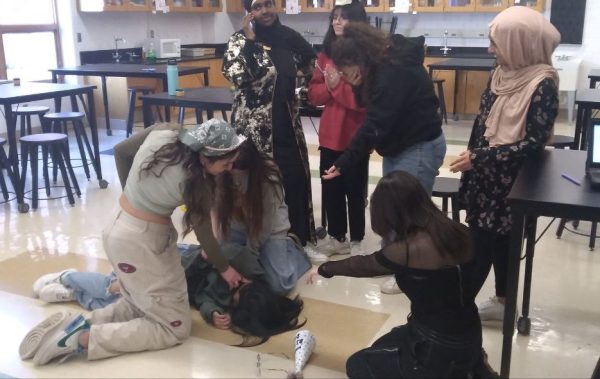
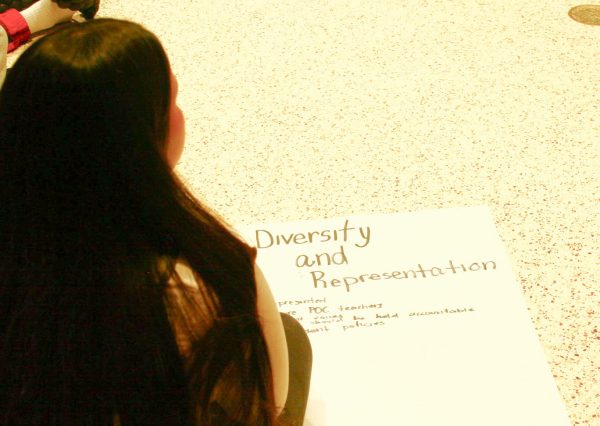

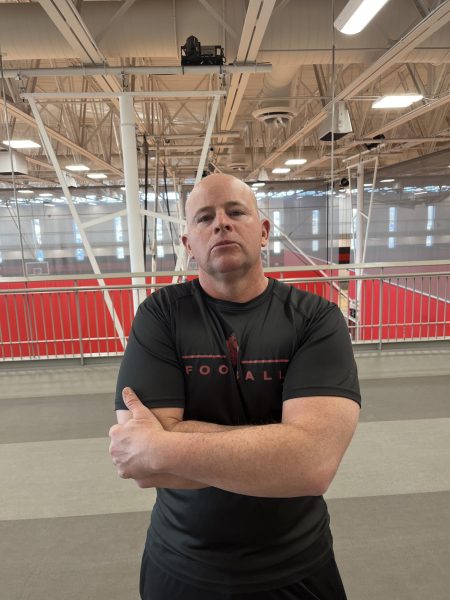

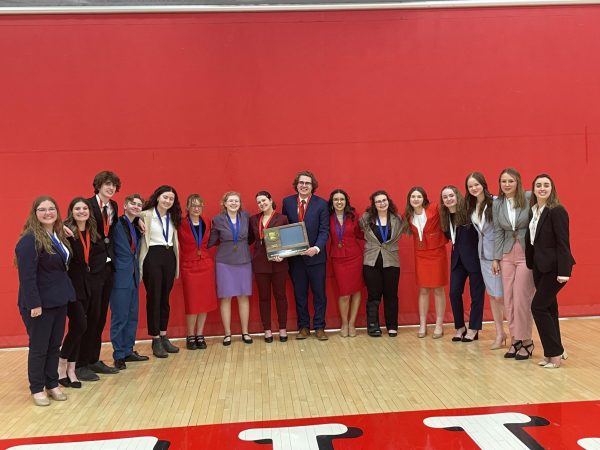

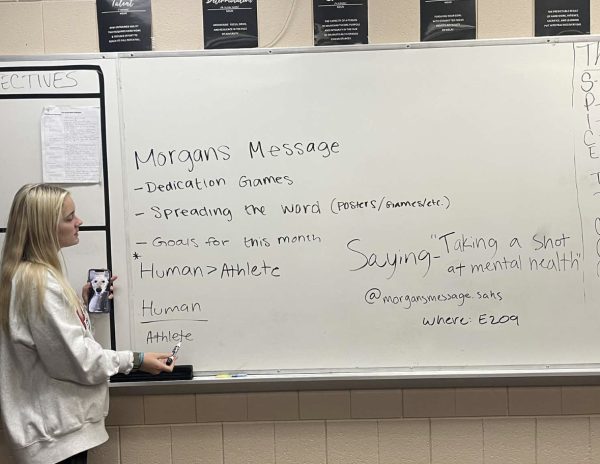

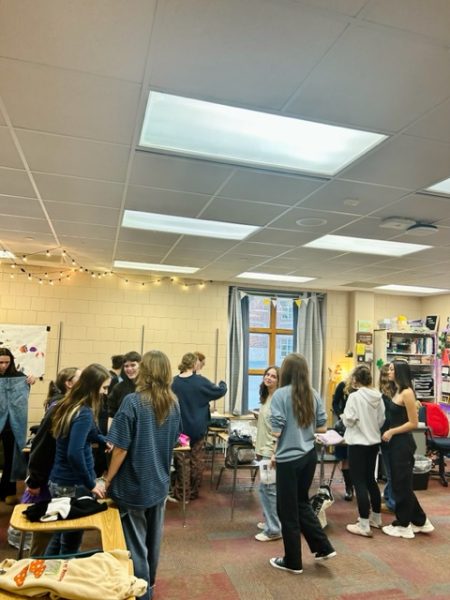
Sydney Kuball • Nov 27, 2013 at 12:11 am
Very well written. I liked your use of links a lot; using them for your facts rather than listing a bunch. Your lead was great and was a nice relaxing way to ease you into a not so easy topic. I like the quotes a lot and the message you sent to all those seniors currently struggling with this.
Clara Ilkka • Nov 25, 2013 at 12:10 am
As a senior, I related to this article a lot. I wish that the author covered more than just Carleton College; Macalester and St. Olaf were also both on the list, and both would have made for interesting points in the article too. Johnson spoke the truth when she said, “The prestigious schools look great on paper, but sometimes when you pick a school for the ‘name on the gate’ you lose yourself. At the end of the day, it’s best to pick a school where you’ll be truly happy.” That quote really made the story for me and pushed the point. I like the author’s diction- “hectic”, for example- and also her ability to weave facts in.
Madison Engstrum • Nov 24, 2013 at 2:58 pm
The lead really makes you wanna read more! I loved how informative this article was. I found it very helpful as a student. I loved the links, they were really good resources to check out. The story flowed and had good facts. Great article, especially for a high school newspaper.
Alexis Fitch-Green • Nov 18, 2013 at 8:18 pm
The lead is really funny and true and I couldn’t wait to read more. The flow of the story is well balanced, with good quotes and good facts. It is very maturely written and it is a really good story altogether.